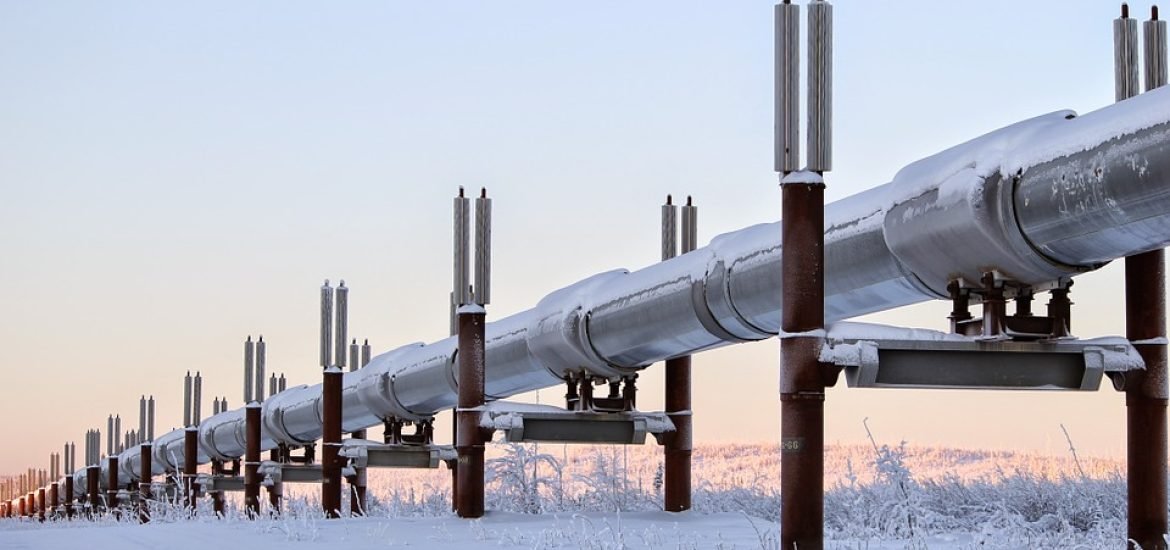
The possible return of Social Democrats to the German government may be good news for construction of the Nord Stream 2 Russian natural gas pipeline project, despite US, Polish and Ukrainian warnings.
Russian natural gas company Gazprom and Germany may revive the Nord Stream 2 project – a 1,200-kilometer pipeline to move gas to Germany under the Baltic Sea, bypassing existing land routes through Ukraine and Poland. This highly controversial project, financed by Germany and neighbouring Austria, would carry 55 billion cubic meters of gas per year – that is 75 % of Russian gas shipments to Europe.
Nord Stream 2 “would boost Moscow’s ability to manipulate European energy market” according to the U.S. State Department officials said last week, further warning against a “political rather than a commercial undertaking”. “To be clear I think the country that could do the most to stop this project is Germany”, pleaded Wess Mitchell, assistant secretary for the State Department’s bureau of European Affairs.
In turn, Polish President Andrzej Duda and Ukrainian President Petro Poroshenko opposed the project once more, stating “it tramples on European norms” and “is against the interests of the European Union”. According to both leaders – long-time Nord Stream 2 opponents – the project is aimed to undermine energy security of the European Union. Both countries risk losing significant security and trade opportunities if Nord Stream 2 is indeed built.
Late November, Denmark too was caught in a geopolitical conflict over the pipeline. It passed a law based on foreign policy grounds allowing it to ban the pipeline from going through its waters. Even environmental organisation WWF recently weighed in reserves on the project too stating “it remains unclear whether there is sufficient EU-wide demand for natural gas.” It noted the Nord Stream 1 pipeline isn’t running at full capacity.
But despite such strong condemnation, the once forgotten pipeline may yet be built. German officials had aligned with EU calls to stop the project in its tracks. The German government even wanted to use the project’s demise to drop Polish demands that Germany pay war reparations. However, unforgiving general elections possibly prompted the return of the Social Democrats (SPD) – who strongly support the controversial project – to government.
German Chancellor Angela Merkel may not be able to give up the project while avoiding a clash with the SPD. The party has indeed viewed deepening economic ties with Russia as a way to defuse East-West tensions ever since the 70s – strategy known as Ostpolitik. During a visit to St. Petersburg in late November, Sigmar Gabriel, the SPD’s then leader renewed his calls “to intensify our economic cooperation” and in the wake of Russia’s 2014 annexation of Crimea the SPD that on keeping lines to Moscow open.
This post is also available in: FR (FR)